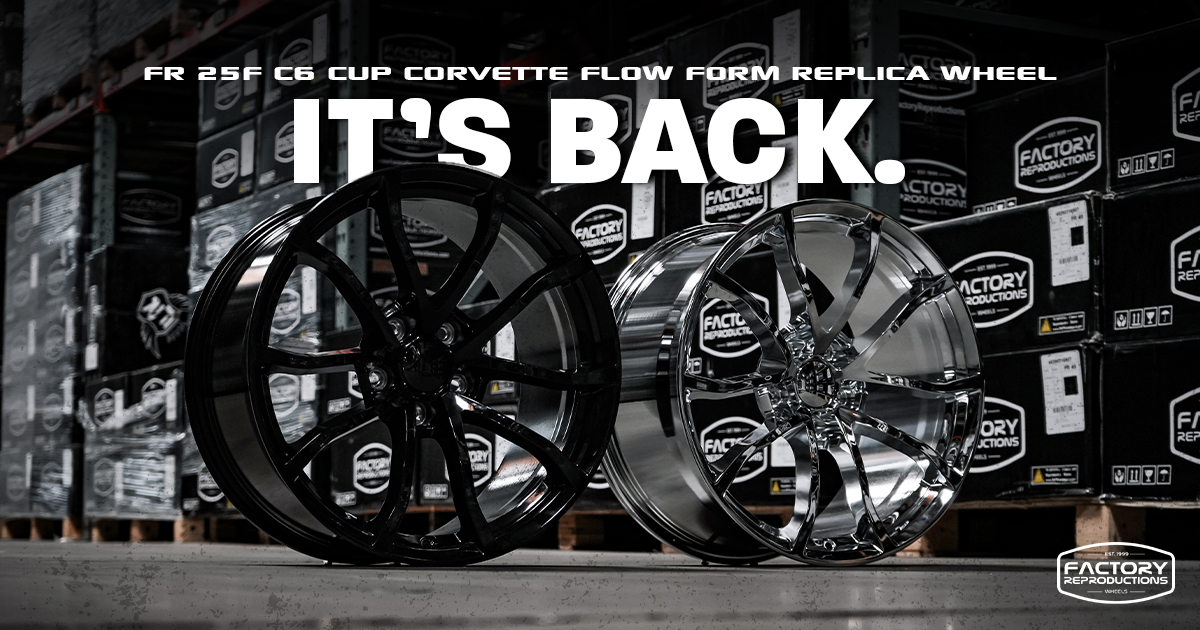Aftermarket wheels are intended to give vehicle owners more control over the desired look and performance of their vehicle while typically costing less than that of their OEM counterparts.
Below is a summary of the key reasons why so many people opt to purchase aftermarket wheels over OEM versions. Please take a moment to read it over and let us know your thoughts in the comment section!

For the Cost
Generally speaking, aftermarket wheels tend to be lower in cost than OEM versions. Because of this, It’s a common misconception that all aftermarket wheels are “cheap” when in reality, the range in costs for aftermarket wheels is almost as great as the styles, finishes, and applications that aftermarket wheels are designed for.
It’s true that there are some aftermarket wheels that seem too inexpensive to be any good and sometimes that is the case. It’s always advisable to research aftermarket wheel manufacturers before making a purchase and typically, it’s a safe bet to stick with well-known producers.
In cases when aftermarket wheels are sold at a much lower cost than OEM versions, you might be asking yourself, “why are these wheels so inexpensive?”. Well, one important factor to remember when considering the cost of an aftermarket wheel, is that an aftermarket wheel does not include the cost of a big-name manufacturer licensing fee. Another reason aftermarket wheels have the ability to cost a fraction of OEM versions is typically the lower number of “hands” or logistics centers that the wheels must pass through before reaching the customer.

For the Variety of Styles
For every aftermarket wheel produced to match an OEM version exactly, there are dozens of other sizes and finishes that are produced as well, that are not typically offered by OE manufacturers. This is because aftermarket manufacturers are not confined to the same budget and popularity restrictions that face OE manufacturers. They also tend to be enthusiasts who react quickly with innovation to trends in the marketplace.
For Strength, Weight, and Application
Sometimes, an OEM just doesn’t make the wheel you need. When this is the case, it may be time to consider purchasing aftermarket wheels. First, it’s important to know the needs of your vehicle and the applications in which your vehicle will need to perform the best when considering the purchase of a new set of aftermarket wheels.
For instance, you may have just purchased a 2020 Charger SRT® Hellcat Widebody from Dodge, however, you need more than the 20×11″ standard wheels have to offer. This is where aftermarket wheels shine with a wider range of options offering more applications, aggressive offsets, considerable strength differences, and sometimes weight reductions.

For Performance
On average, aftermarket wheels are a great low-cost solution to improve overall performance. Many OEM wheels are not designed to fit widebody applications which restricts car owners from installing wide enough tires to maximize traction and handling. Aftermarket manufacturers allow the performance-minded consumer the opportunity to push the boundaries and provide an overall advantage in performance.
We hope this topic was able to answer any questions you may have about aftermarket wheels. If there is anything that you would like to add, we encourage you to leave a comment in the section below.



